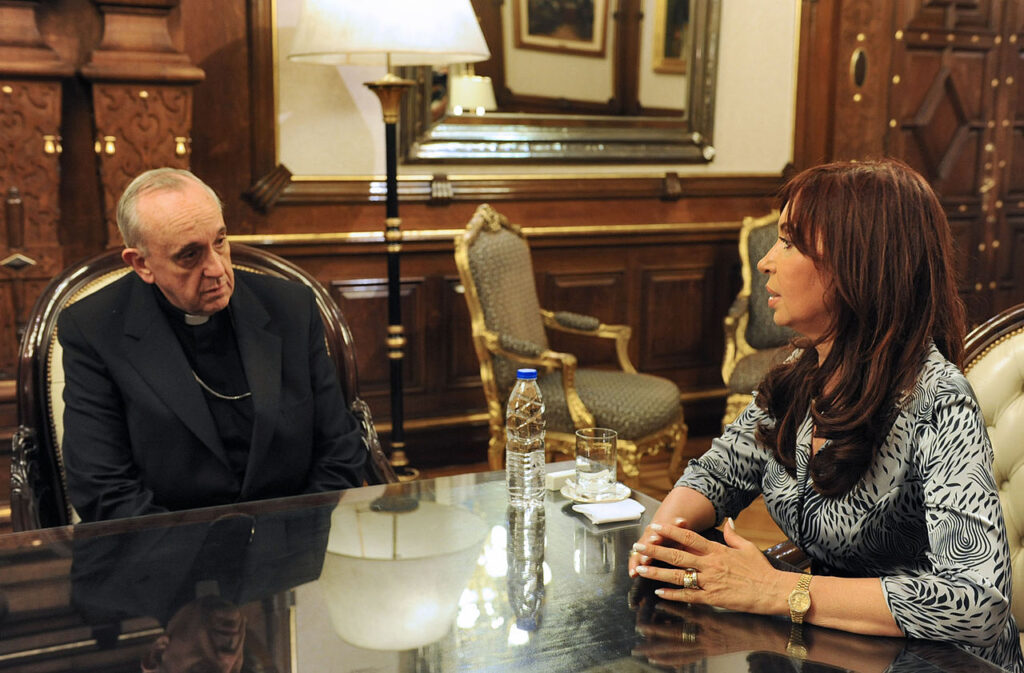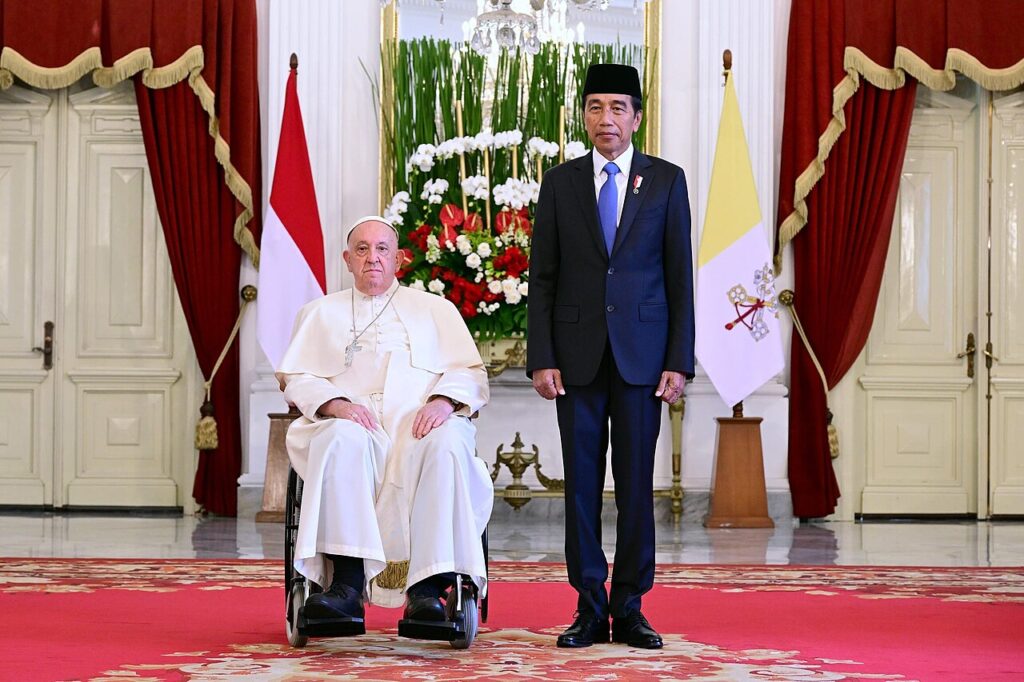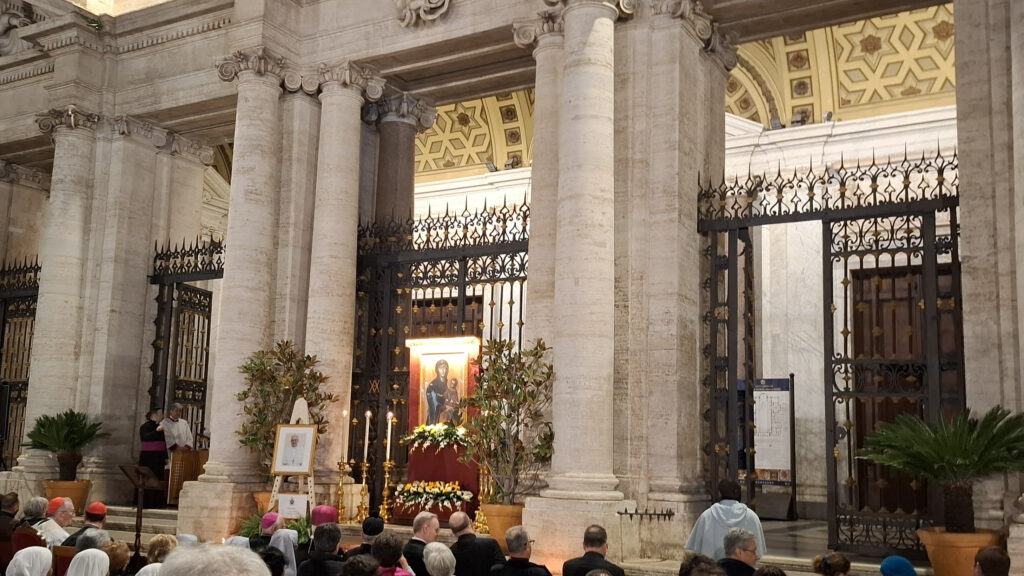The world woke up quieter this week with Pope Francis death announcement. the first Latin American and Jesuit pontiff in history, passed away at 88, victim of a stroke and heart failure after months of declining health. His departure closes a remarkable chapter in the Catholic Church, but his legacy—brimming with humanity, courage, and an irresistible dose of Argentine humour—is far from fading. If you want to understand why Francis will be remembered as one of the most transformative popes of the century, get ready for a journey through his greatest teachings.
Francis: The pope of welcoming and courage
From the very start of his pontificate in 2013, Jorge Mario Bergoglio made it clear he would not be a conventional pope. By choosing the name Francis, in honour of the saint from Assisi, he signalled his priorities: a Church that is poor for the poor, committed to simplicity, social justice, and mercy.
“How I would like a poor Church… and for the poor.”
This phrase, spoken right after his election, was not just a slogan but the guiding thread of his entire papacy. Francis never hesitated to challenge structures, denounce injustice, and, above all, welcome those on the margins—migrants, the poor, LGBTQIA+ people, Indigenous peoples, and so many others.

The ten commandments of happiness according to Francis
Francis was not just a religious leader but a master of everyday life. His advice for happiness went viral around the world—and it’s not hard to see why:
- Live and let live: Don’t live other people’s lives or try to control them.
- Give yourself to others: Selfishness corrodes; giving of yourself renews the soul.
- Be calm: Serenity is a sign of maturity and wisdom.
- Play with children: Lightness is essential, even for adults.
- Share Sundays with family: Family affection is a treasure.
- Help those in need: Solidarity is the heart of the Gospel.
- Care for nature: The planet is our common home.
- Forget quickly what has passed: Grudges are poison.
- Respect those who think differently: Dialogue is more effective than proselytism.
- Work for peace: Peace is active, not just the absence of conflict.
These principles, far from being mere catchphrases, were lived out by Francis in every gesture, every trip, every speech.
Phrases that became symbols
If Francis knew how to do anything, it was to communicate—with frankness, humour, and a touch of provocation. Some of his most memorable quotes illustrate his worldview and pastoral courage:
- “If a person is gay, seeks the Lord, and has good will, who am I to judge?”
- “Money must serve, not rule.”
- “Those who think of building walls and not building bridges are not Christians.”
- “Child abuse is a disease.”
- “The sharing of property is not communism, it is pure Christianity.”
- “The disease of indifference among the young is more dangerous than cancer.”
- “Catholics don’t need to breed like rabbits.”
- “Amazonian Indigenous peoples have never been so threatened.”
These phrases not only echoed in pulpits but also on social media, in public debates, and in millions of hearts.

Reforms and legacy: The pope of the 21st century
Francis will be remembered as a reformist pope, but not in the bureaucratic sense of the word. His greatest achievement was to promote a “reform of minds” before any institutional change. He brought a “new air” to the Church, making it closer, less judgmental, and more willing to listen than to condemn.
Among his main marks, we highlight:
- Combatting abuse: He confronted sexual abuse scandals head-on, apologized to victims, and implemented unprecedented transparency measures.
- Changing the papal figure: He gave up luxuries, lived in the Casa Santa Marta instead of the Apostolic Palace, and preferred simple cars, showing that power can—and should—be exercised with humility.
- Defending migrants and refugees: His first trip as pope was to Lampedusa, a symbol of the migration crisis, where he denounced the “globalization of indifference.”
- Interreligious dialogue and respect for differences: He encouraged dialogue with other religions and those who think differently, always valuing human dignity.
- Care for the planet: His encyclical “Laudato Si’” placed environmental issues at the centre of the Catholic and global agenda.
- Inclusion of women and laypeople: While he didn’t promote radical changes in the clerical structure, he opened space for debates on the role of women and laypeople in the Church.
The heart of the gospel: Mercy, justice, and peace
Francis repeated: everything must start from the “heart of the Gospel.” For him, the centre of Christian faith is God’s saving love, manifested in Jesus, not a cold list of rules. That’s why he insisted the Church should be a mother who welcomes, listens, and forgives—never an unyielding judge.
His last message, read by Monsignor Diego Ravelli, was a plea for peace—perhaps the greatest summary of his pontificate. In times of war and division, Francis never tired of crying out for an end to conflict and respect for the dignity of every person.

The pope who didn’t want to be pope—and that’s why he was so great
In one of his most sincere answers, Francis said: “I didn’t want to be pope.” Perhaps that’s exactly why he was so authentic. He was the unlikely leader who won the world over with simple gestures, bold words, and unshakeable faith in the power of love.
A legacy for the future
Francis not only laid the foundations for a more open Church but also for a more compassionate society. His spiritual testament requests a simple tomb and an end to any ostentation—consistent to his last breath. The world, religious or not, loses a leader who knew how to unite tradition and modernity, courage and tenderness, faith and reason.
May his teachings—on peace, justice, respect, humility, and joy—continue to echo, inspire, and, who knows, change the course of history.
And you, reader, which of Francis’s teachings touched you the most? What do you think the world can learn from the pope who preferred bridges to walls? Leave your opinion and continue this conversation—because, as Francis would say, “no one is saved alone.”



